Showing 16-30 of 86 results
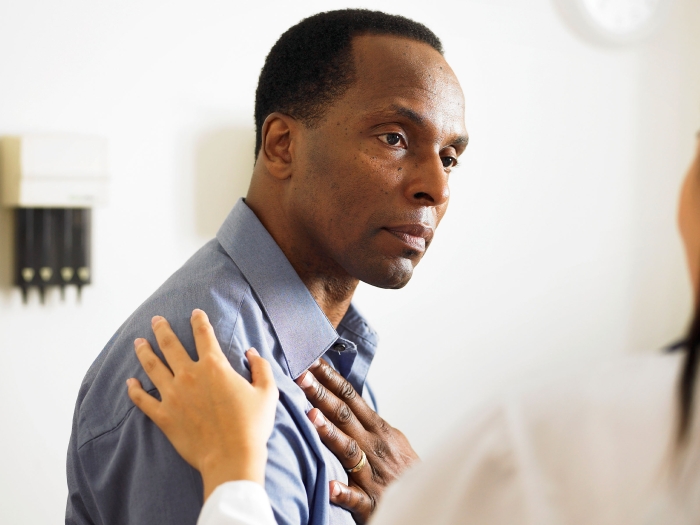
Health Lab
Most people with risk factors for cardiovascular disease – what are sometimes called the Essential Eight – are managed by primary care clinics, or haven’t seen any provider recently

Health Lab
Perinatal mental health research shows more pregnant people and those who have recently given birth are getting diagnosed and treated for depression, anxiety and PTSD, but disparities remain.

Health Lab
A growing number of people living with Alzheimer’s disease and related dementias – especially those from diverse backgrounds – receive care from a network of individuals that increasingly includes nontraditional informal caregivers.

Health Lab
Many women don’t get cervical cancer screening such as Pap tests, or don’t go for follow up diagnostic tests; a new study shows what could happen if all of them did.
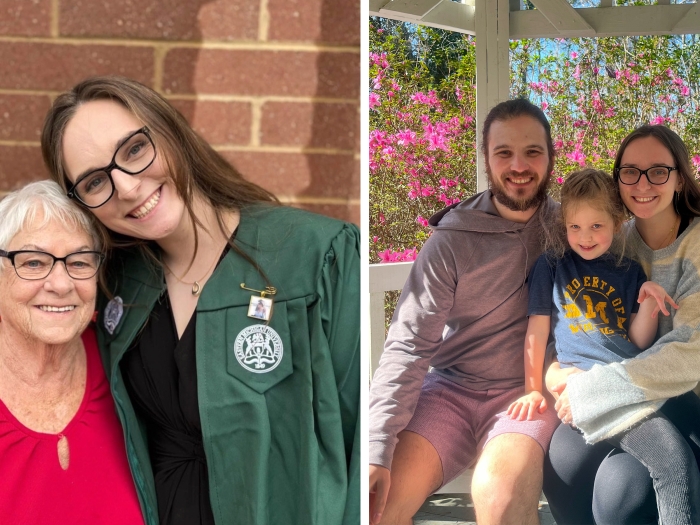
Health Lab
Patients can now enroll in a clinical trial to test a groundbreaking nonsurgical treatment for cervical lesions that affect nearly 300,000 women in the United States every year.
Research News
A team led by Vanessa Dalton, MD, MPH, and Kara Zivin, PhD, has received a $3 million grant from the National Institute of Mental Health to study the mental health impacts of recent changes in reproductive health policy.

Health Lab
Medicaid eligibility during pandemic led to increased postpartum coverage, study suggests

Health Lab
Today, thanks to researchers, medical and public health experts, pharmaceutical companies, engineers and others, we know more and can do more about the coronavirus called SARS-CoV2, and the disease called COVID-19, than ever before.

Health Lab
How do ageism and positive age-related experiences differ for people who have tried to look younger, or feel they look younger, than they actually are? A new study examines this and the relationship with health

Minding Memory
In this episode, Matt and Donovan talk with Dr. Jason H. Moore, Director of the Center for Artificial Intelligence Research and Education (CAIRE) and Chair of the Department of Computational Biomedicine at Cedars-Sinai Medical Center. Jason discusses the coming impact of artificial intelligence on a spectrum of Alzheimer’s disease and related dementia (ADRD) issues. We discuss how tools such as AI-powered chatbots may improve quality of life for people living with dementia (and their caregivers) and how AI may contribute in the future to diagnosis and treatment.
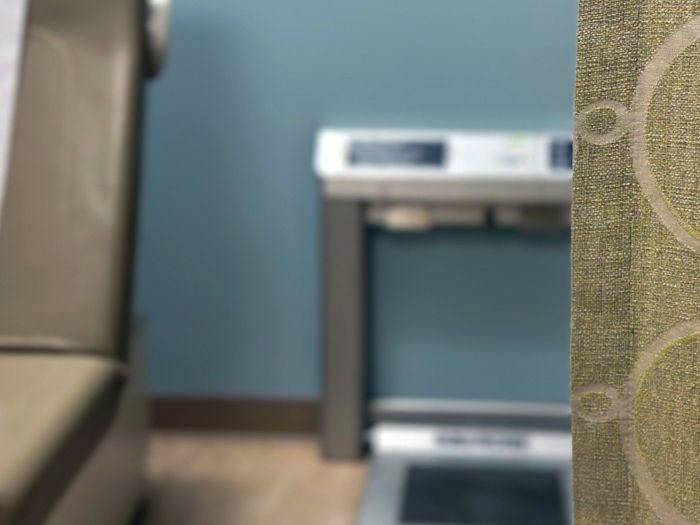
Health Lab
Obesity care under a health care provider’s supervision, whether through nutrition counseling, medication, meal replacement or bariatric surgery, can help people with high BMI, but many don’t receive it.
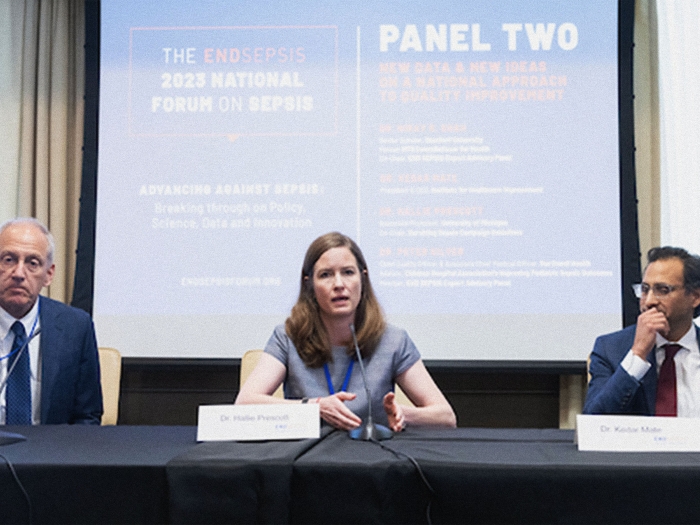
Health Lab
Hallie Prescott of the Michigan Medicine Division of Pulmonary & Critical Care Medicine is providing guidance at the state and national level to reduce the burden of sepsis in hospitalized patients.
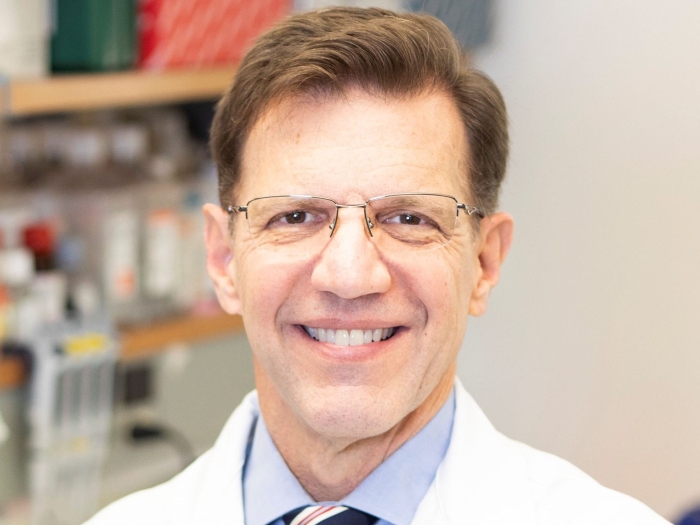
News Release
Lung disease specialist comes to Michigan from Vanderbilt University School of Medicine to lead largest department
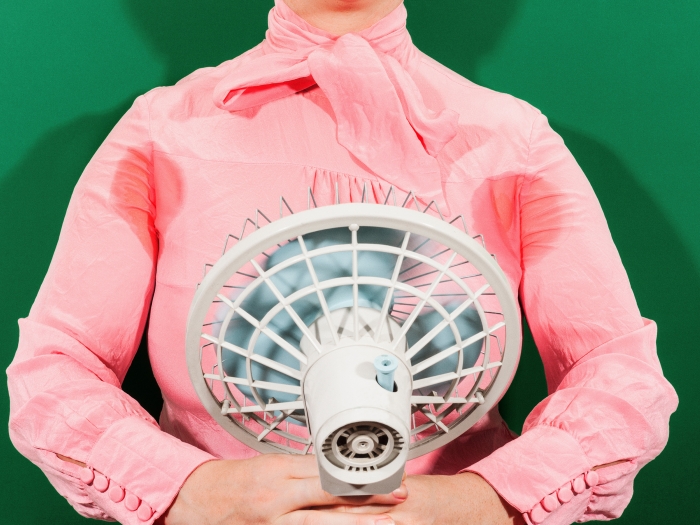
Health Lab
Women who have both migraines and a long-term history of hot flashes and/or night sweats have a slightly higher risk of heart disease and stroke, and young women who have migraines have a higher risk of later persistent menopause symptoms.

Minding Memory
In this episode of Minding Memory, Matt & Donovan speak with Dr. Joanne Spetz, the Brenda and Jeffrey L. Kang Presidential Chair in Healthcare Finance and Director of the Philip R. Lee Institute for Health Policy Studies at the University of California, San Francisco (UCSF). Joanne talks with Matt & Donovan about who makes up the professional workforce of people who provide dementia care and how these individuals play a critical role in the delivery of services. Joanne also discusses how different professional roles interact across setting of care. Lastly, Joanne introduces a new study she is working on with Donovan called the National Dementia Workforce Study (NDWS) that will be surveying a large group of clinicians who provide care for people living with dementia.